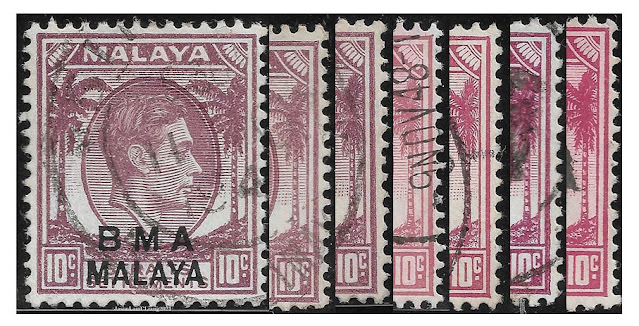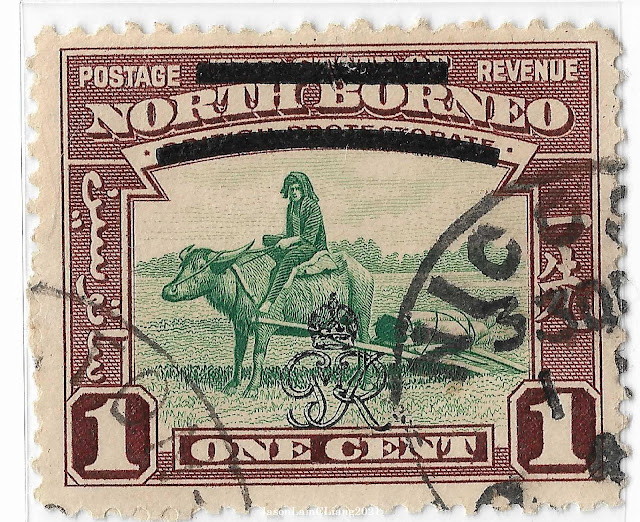Inflation and hyperinflation of post-war Germany

The already financially exhausted post-war Germany was further driven to her breaking point from reparation payment and the increasing government debt resulting in inflation. Germany's crippling economy was unable to fund her second reparation payment to the victors of World War I. In response to Germany defaulting reparation payments, the French and the Belgian forces occupied the Ruhr Valley taking over coal mines, factories, and steel works. As the German workers refuse to cooperate during this military occupation, their passive resistance was rewarded with wages paid by the government. This, however, meant that the government printed more and more money leading to hyperinflation as its value significantly fell. There were many factors and events that contributed to hyperinflation of the Weimar Republic between 1921 and 1933 although the occupation of Ruhr did substantial damage to the already broken economy. The mass printings of banknotes by the government to buy foreign curr...



